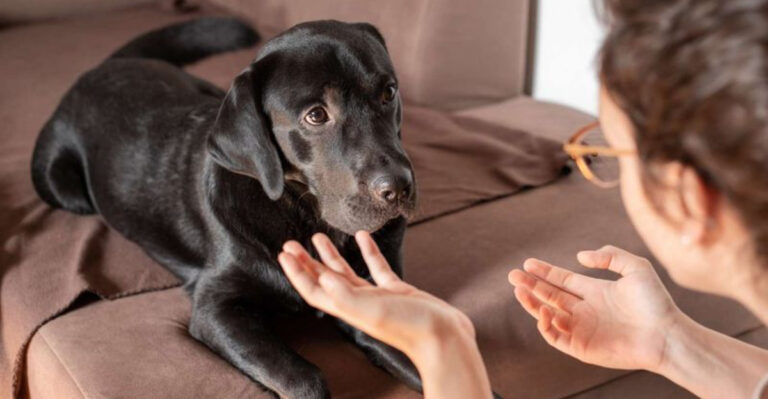10 Signs You’re An Excellent Pet Parent, According To Vets

Being a good pet parent goes beyond just providing food and shelter. Veterinarians often notice certain behaviors that set exceptional pet owners apart from the rest.
These key indicators show you’re truly putting your furry friend’s wellbeing first, creating a foundation for a happy, healthy pet relationship. Want to know if you’re nailing the pet parent game? Vets say these ten signs are the real deal.
1. Your Pet Is Healthy And Active

A thriving pet speaks volumes about your care. Their coat shines, eyes sparkle, and they maintain a healthy weight without visible ribs or excess pudge.
Vets notice when your pet bounds into the exam room with enthusiasm rather than lethargy. This vitality comes from your consistent attention to exercise, nutrition, and preventative care.
2. You Prioritize Regular Vet Visits
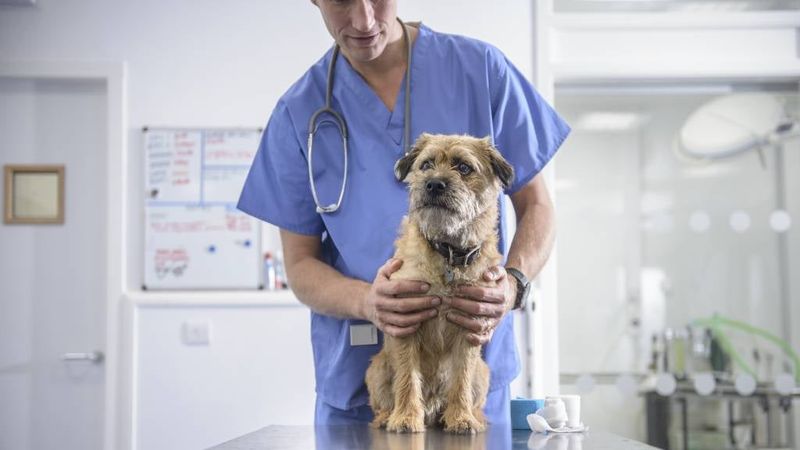
Great pet parents never skip annual check-ups, even when their companion seems perfectly fine. You understand that preventative care catches issues before they become serious problems.
Veterinarians appreciate when you arrive with questions prepared and follow through on recommendations. Your calendar has reminders for vaccines, dental cleanings, and wellness exams marked clearly.
3. You Understand Your Pet’s Unique Needs

Breed-specific requirements don’t stump you – whether it’s a Husky’s exercise demands or a Persian cat’s grooming necessities. You’ve researched what makes your particular pet tick.
Age-related changes don’t catch you off guard either. Senior pets receive adjusted care, while youngsters get appropriate training and boundaries.
4. Your Pet Has A Safe And Comfortable Environment
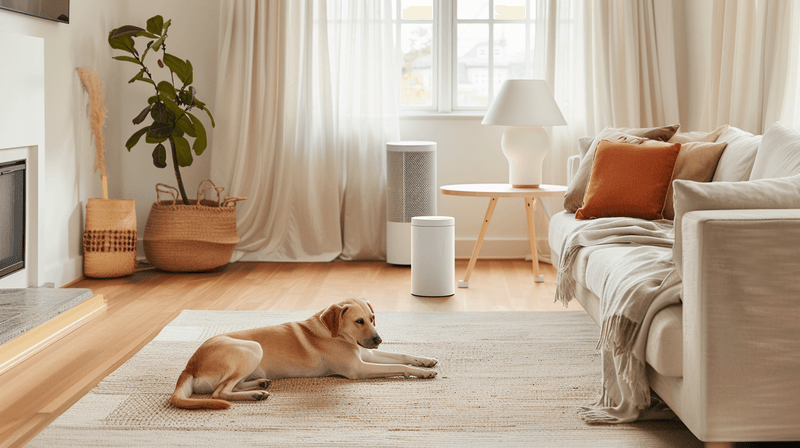
Safety-proofing comes naturally to exceptional pet parents. Toxic plants, dangerous foods, and hazardous items stay far from curious paws and mouths.
Comfort matters too – your pet enjoys designated spaces with appropriate bedding, temperature control, and quiet retreats when needed. Even in a small home, you’ve carved out pet-friendly zones that respect their natural behaviors.
5. You Provide Proper Nutrition And Hydration
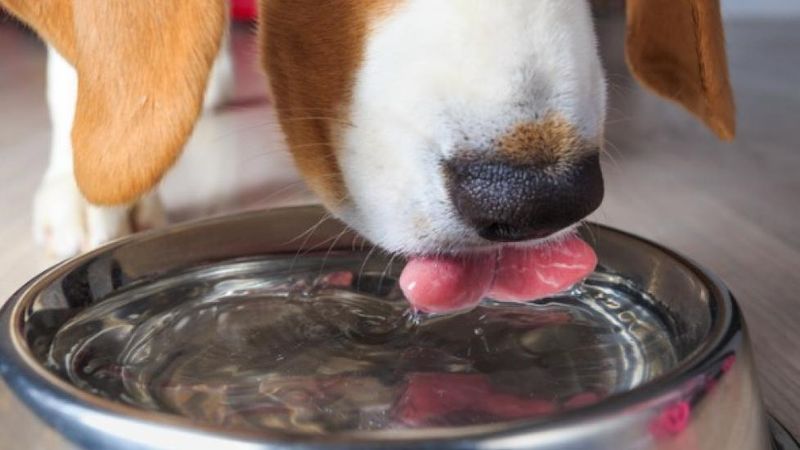
Nutrition labels don’t intimidate you – you scrutinize ingredients and understand the difference between marketing hype and genuine quality. Fresh water remains available at all times, regularly cleaned and refilled.
Portion control comes standard in your household, preventing the obesity that plagues so many pets. Treats remain occasional rewards rather than dietary staples.
6. You Are Attentive To Your Pet’s Behavior And Body Language

Subtle changes never escape your notice – whether it’s altered eating habits, unusual lethargy, or new behavioral quirks. You recognize these as potential health indicators rather than mere annoyances.
Body language fluency sets you apart. Ear positions, tail movements, and posture changes all communicate valuable information you’ve learned to interpret accurately.
7. You Keep Your Pet Physically And Mentally Stimulated
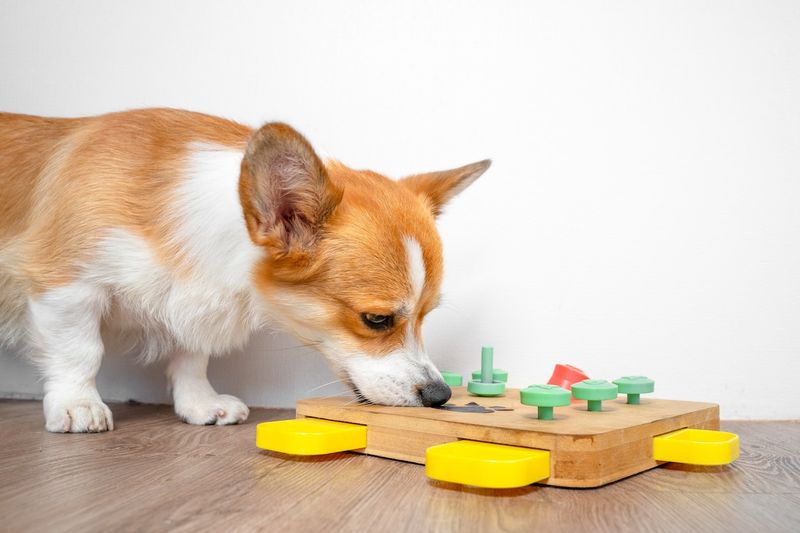
Boredom isn’t an option in your household. Puzzle toys, training sessions, and interactive games regularly challenge your pet’s cognitive abilities.
Physical activity matches your pet’s energy level and breed requirements. Weather doesn’t deter you – rainy days simply mean indoor games replace outdoor adventures.
8. Your Pet Is Socialized And Well-Behaved
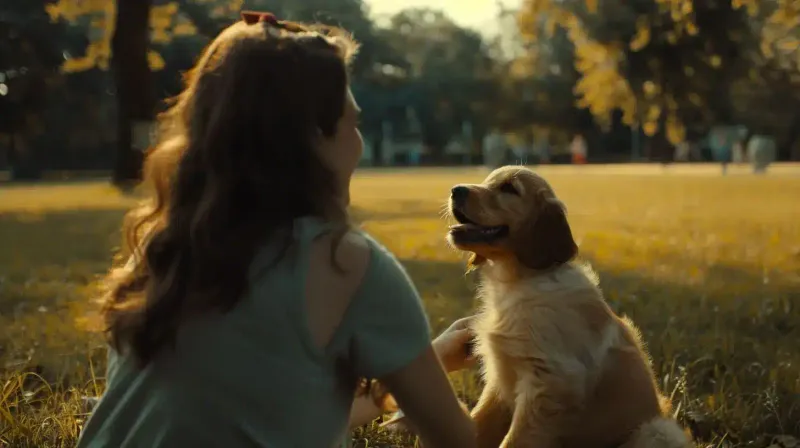
Early socialization wasn’t optional for your pet. Exposure to various people, animals, and environments happened methodically, creating a confident companion.
Training occurs consistently with positive reinforcement rather than punishment. Basic commands come naturally to your pet, making veterinary visits and daily interactions smoother for everyone involved.
9. You Are Prepared For Emergencies
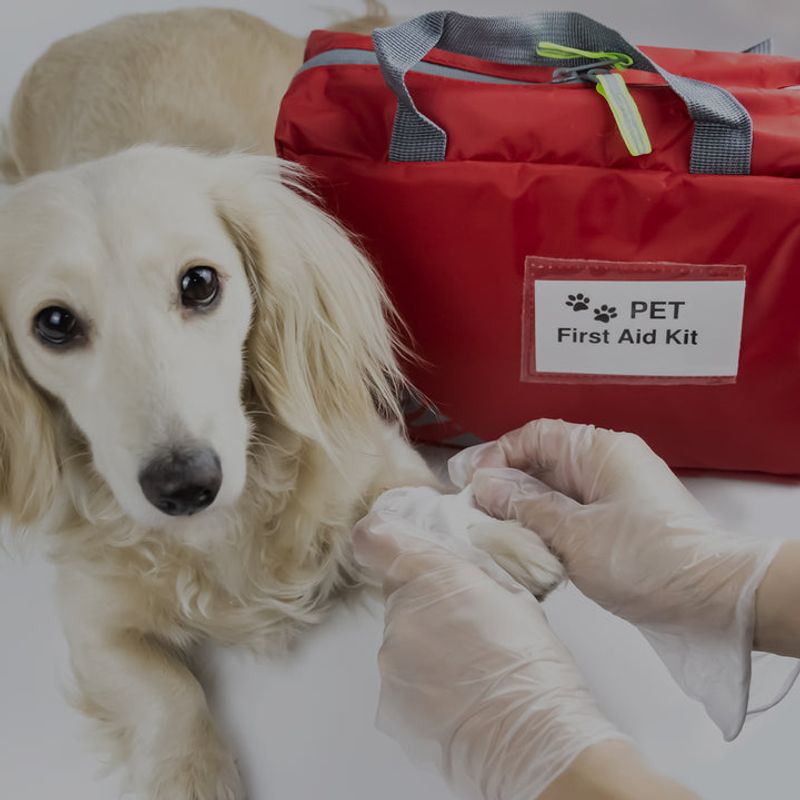
Emergency contacts remain programmed in your phone, including your regular vet and the nearest 24-hour animal hospital. A pet-specific first aid kit sits readily accessible in your home.
Financial planning includes emergency veterinary care. Whether through savings or pet insurance, you’ve ensured medical decisions won’t depend solely on immediate financial constraints.
10. You Show Your Pet Love And Affection Regularly

Quality time happens daily, not just when convenient. You’ve learned your pet’s favorite spots for scratches and their preferred forms of interaction.
Love shows in your patience during challenging times – whether it’s illness, behavioral regressions, or age-related issues. Veterinarians notice when you speak soothingly to your nervous pet during exams.





